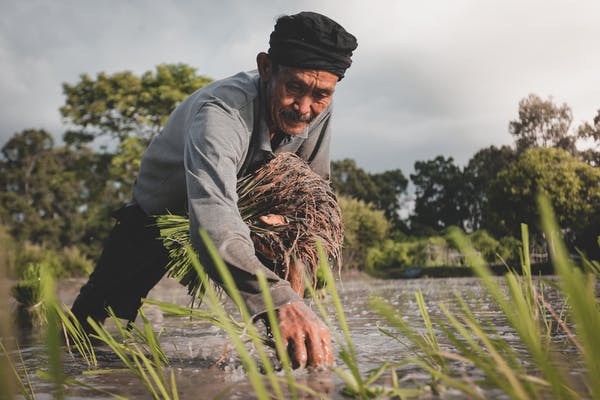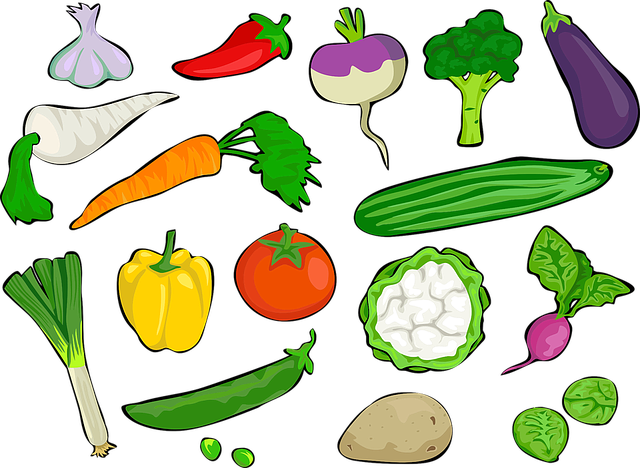Climate Change Have Effects on Agriculture
Climate change is described as a long-term change in the typical weather conditions that have come to characterize earth’s regional, local, and global climates. These modifications have a wide variety of possible impact that are associated with the term.

Agricultural Production Effects
The cultivation period, which is determined for rice, is the fundamental condition for planning its production. Because of the climate and the rice variety, temperature is the most important agricultural climate condition in determining the rice cultivation season. In general, rice is a summer crop, and as the temperature increases, the area available for rice cultivation expands in the north.
Variety and cultivation methods also change in response to temperature changes. The cultivation regions appropriate for earlier than normal variation of rice will become more important for varieties of rice for transplantation. The cultivation regions appropriate for earlier than normal variation of rice will become more important for varieties of rice for transplantation. Suitable for early-maturing rice, and those suitable for medium-maturing rice will become suitable for late-maturing rice.
The Effects on the Agricultural Economy
The crop production function is used in the agro-economic model to analyze the economic situation. The impact of climate change creates an underestimation problem because it does not account for indirect effects. Climate change impacts include crop conversion and input factor adjustments for adaptation.
The Ricardian model was created to solve this issue (Mendelsohn, Nordhaus, and Shaw, 1994). This model evaluates the economic climate change impact by estimating the current value of farmland as the discounted value of rent in the future.

